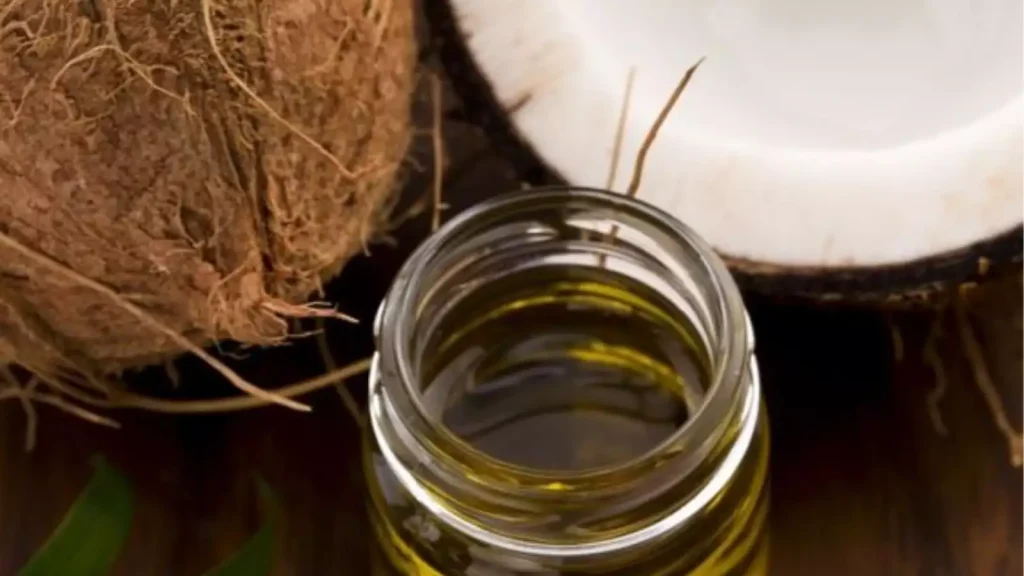Context:
The Supreme Court has ruled that pure coconut oil should be classified as ‘edible oil’ under the Central Excise Tariff Act, 1985, and taxed at the lower 5% GST rate.
Taxation History of Coconut Oil:
Before GST:
- Coconut oil was governed by the Central Excise Tariff Act, 1985 (CET Act).
- 2005 Amendment: Classified as edible oil under Section III, attracting an 8% excise duty.
- Hair Care Products: Classified under Section VI, attracting a 16% excise duty.
- 2009 Circular: Coconut oil in containers under 200 ml was classified as hair oil, subject to 16% duty. This was withdrawn in 2015 after court rulings stated that packaging size alone couldn’t determine its intended use.
After GST:
- Coconut oil is taxed at 5%, while hair care products fall under the 18% tax rate.
Challenge Before SC:
- Excise authorities sought to classify coconut oil as a hair care product to impose a higher tax rate, despite varying packaging sizes.
Key Points of the Supreme Court Ruling

Split Verdict in 2018:
- Justice Gogoi: Held that coconut oil should be classified as edible oil regardless of its packaging size.
- Justice Banumathi: Applied the “Common Parlance Test”, arguing that coconut oil in small packages is understood as hair oil in the market and should be taxed as such.
Final Ruling (2024):
- The SC ruled that the legal headings under the law and the Harmonised System of Nomenclature (HSN) norms, which categorize coconut oil as an edible oil according to international tax classification, must be followed for the classification of goods.
- The court rejected the “Common Parlance Test”, stating it applies only when a product is not clearly defined under the law.
- The court clarified that the fact that coconut oil can also be used as a cosmetic does not justify classifying it as hair oil.
- It emphasized that small-sized containers are common to both edible oils and hair oils, and packaging size alone cannot determine classification.
- The court noted that under the Standards of Weights and Measures (Packaged Commodities) Rules, 1977, edible oil can be packed in small sizes like 50 ml, 100 ml, 200 ml, etc., further supporting its classification as edible oil.
- The Supreme Court has ruled that coconut oil is to be classified as an edible oil for taxation purposes, regardless of its packaging size, and should be taxed at the lower 5% GST rate, except when marketed specifically as hair oil.
Implications of the Supreme Court Ruling on Coconut Oil Taxation
- Clear Classification: Coconut oil is classified as ‘edible oil’ unless explicitly packaged and marketed as hair oil. This provides clarity on its tax classification.
- Tax Impact: The oil will remain taxed at the lower 5% GST rate for edible oils, avoiding the 18% tax rate for hair care products. This may reduce tax revenue from this category.
- Business Impact: Companies can confidently market coconut oil in small packages without facing higher taxes. Compliance with legal definitions and packaging regulations will be essential.
- Consumer Understanding: The ruling ensures clearer consumer perceptions of coconut oil’s intended use, reducing confusion about whether it is for culinary or cosmetic purposes.

